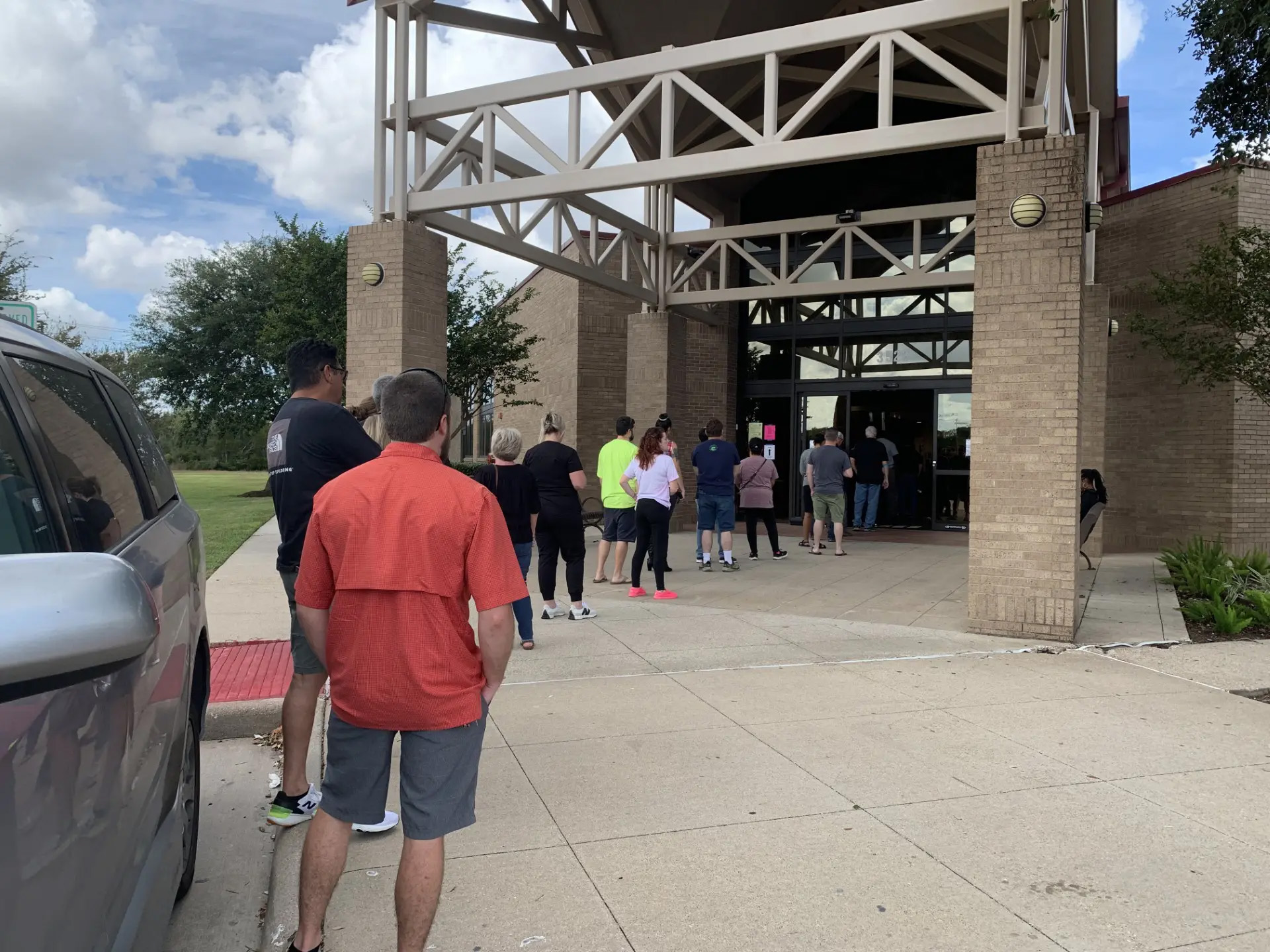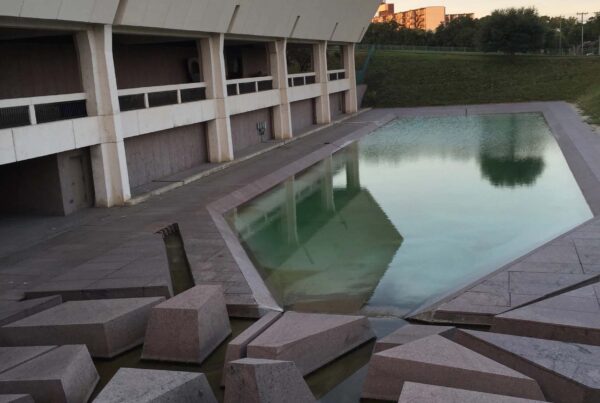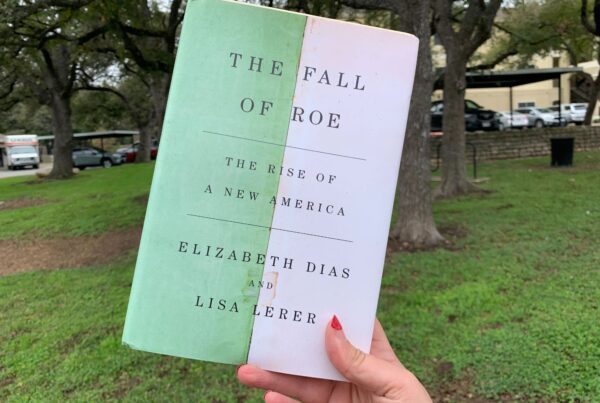Editor’s note: This is the second of two stories about school vouchers and the election. Read the first one here.
Keith Hankins does not want to see a school voucher program implemented in Texas.
The resident of Brenham, about 75 miles northwest of Houston, said diverting taxpayer money away from public schools would be harmful to districts like Brenham ISD, which he said are “very important to society.” He also said the voucher program proposed last year by Texas lawmakers, which would have given families more than $10,000 per student to spend on a variety of educational expenses, would not be enough to cover private school tuition in many cases.
Hankins had a chance to voice that opinion with his vote in Texas House District 12, where anti-voucher Democrat Dee Howard Mullins is facing Republican Trey Wharton, who was backed by Gov. Greg Abbott in the March primary as part of a quest to send more voucher-friendly lawmakers to Austin. But before he walked into the Washington County Courthouse Annex to cast his ballot last week, Hankins said he planned to vote for Wharton because he’s generally conservative politically and more in line with him overall.
“That’s only one issue of many,” Hankins said. “And when you weigh the balances, you’ve got to vote with what you’re in agreement with the most. While I disagree with school vouchers, I’m not going to vote just solely on that one issue.”
Dozens of early voters in Houston, Brenham and Pearland – where another state House seat is up for grabs after anti-voucher Republican Rep. Ed Thompson decided not to run again, just like Rep. Kyle Kacal in District 12 – said the voucher issue wasn’t having much of an impact on how they voted. But the results of the Nov. 5 election could have an impact on whether lawmakers pass a voucher bill during the next legislative session early next year, or on what type of program would be enacted.
After 21 Republicans in the House, largely from rural areas with few private schools, sided with Democrats to block a voucher proposal last year, Abbott went after those dissenting Republicans by backing a series of pro-voucher challengers. Fifteen of them either lost their primaries or did not seek re-election.
Few of those House districts are in play for anti-voucher Democrats, largely because they are solidly Republican, according to Brandon Rottinghaus, a political science professor at the University of Houston.
















